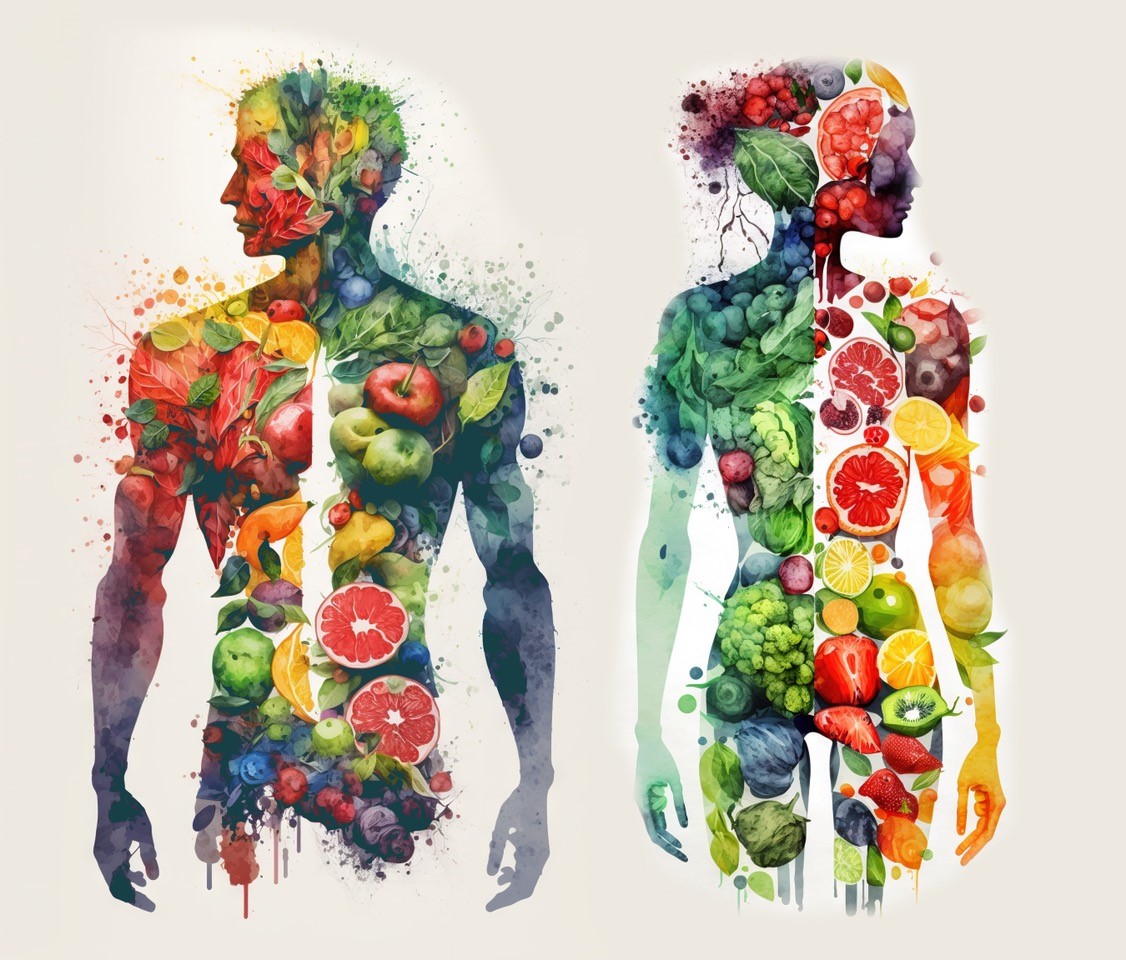
While pre-workout meals can have an impact, it’s important to acknowledge that they aren’t as crucial as post-workout meals. So, let’s make it clear: the priority lies in the post-workout meal. This doesn’t mean that pre-workout nutrition is completely irrelevant, but its significance is not as high as that of the post-workout meal. (Stay tuned for a blog post on that topic)
The importance of pre-workout meals varies greatly from person to person. While some individuals prefer to train on an empty stomach (fasted state), others don’t. If you feel fatigued or lack energy during your workout, it may be worth assessing your pre-workout nutrition habits:
Do the following habits exist:
| ● | Do you consume any food before working out? |
| ● | How close to your workout do you consume food? |
| ● | Which macronutrients are included in your pre-workout meal? Is it primarily comprised of fats, carbs, protein, or a combination of two or three of them? |
Each of these factors plays a significant role in determining the effectiveness of your pre-workout meal. Therefore, let’s take a closer look at each component.

So, should I eat before my workout or not?
If you find yourself struggling with low energy and lackluster performance during your workouts and aren’t currently incorporating a pre-workout meal into your routine, it’s worth giving it a try. Adding a pre-workout meal can make a significant difference in your energy levels and performance.
For those who work out early in the morning, training fasted can be easier, especially if you had a satisfying meal the night before. However, you may still benefit from having a small snack before your workout to improve your performance. Liquid calories can be a convenient option for pre-workout nutrition, providing you with the necessary fuel to power through your workout without feeling overly full or heavy.
Try a pre-workout protein powder for quick and easy supplementation before your next workout!
Timing of your pre-workout meal
When it comes to pre-workout meal timing, we suggest consuming your meal within a 1-3 hour window before your workout. Depending on when your meal falls within that window, the composition of the meal may need to be adjusted, which we’ll discuss in the next section.
If your last meal was over 3 hours ago, consider adding a small snack closer to your workout and observe how it affects your performance during training.
Macro Components for an Effective Pre-Workout Meal
As previously mentioned, the timing of your pre-workout meal can influence its composition. For instance, consuming a snack high in fats one hour before your workout may not be the best option since fats are slower to digest and can leave you feeling weighed down during your training session. On the other hand, consuming carbohydrates that digest quickly without any fats to balance them out three hours before your workout may leave you feeling hungry and fatigued during your workout because your body has already processed those nutrients several hours ago.
| Pre- Workout Nutrient Timing | Macronutrient Combos | ||||||||||
| 2-3 hours before your workout It is recommended to have a meal that resembles a bigger or standard meal |
| ||||||||||
| 1-2 hours before your workout |
| ||||||||||
| 1 hour before your workout |
| ||||||||||
Typically, serving sizes vary based on individual needs, but as a general guideline, meals consumed further away from a workout can be larger.
Derek L. Riley
President/Chief Growth Officer
For information about the Blitz45 franchise opportunity, please visit
Franchise Opportunity
